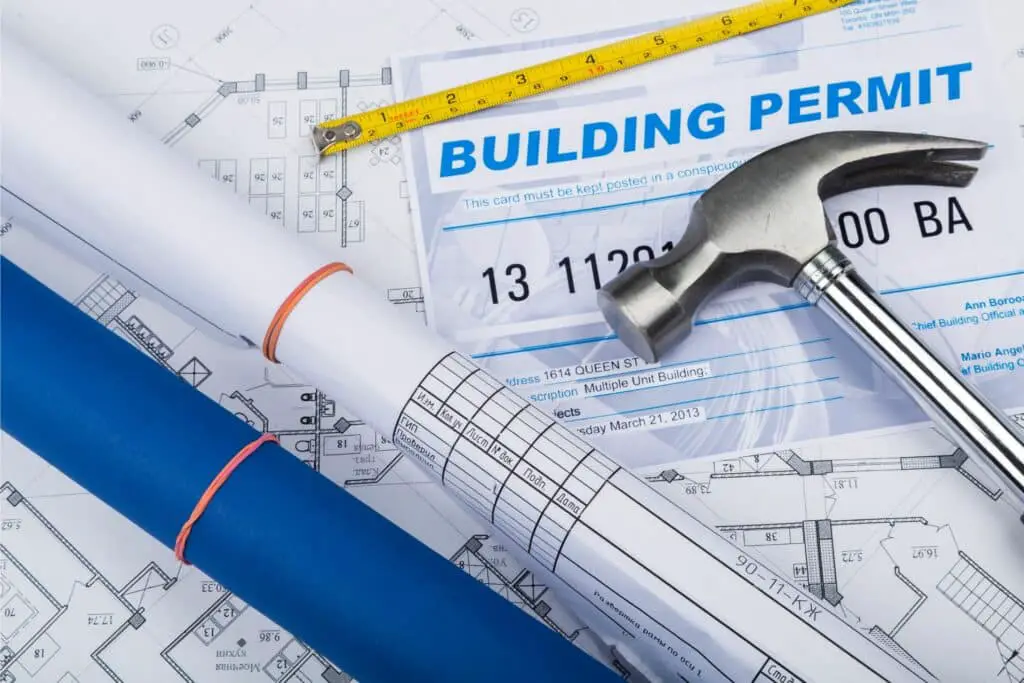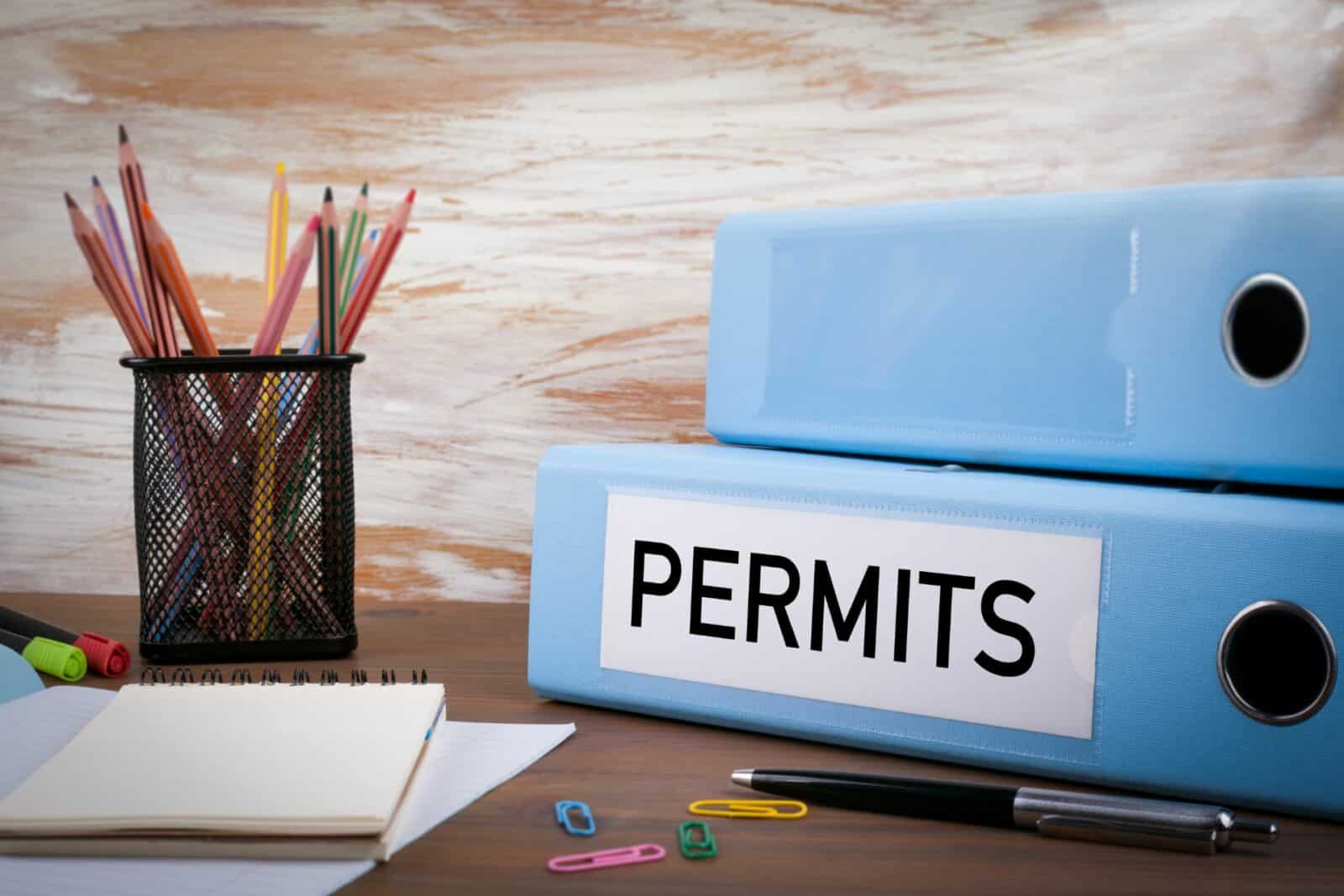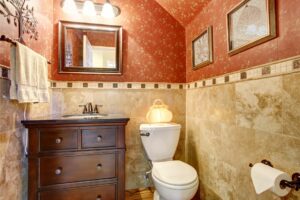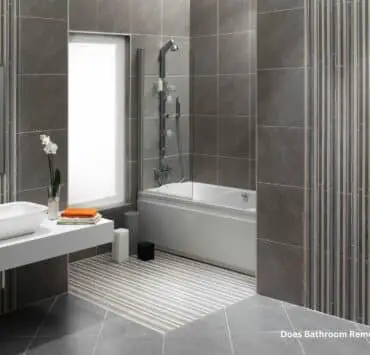You will be required to obtain a permit for your bathroom remodel, depending on the scope of the work, your location, the method of permit application, and adherence to your local building codes.
Here’s everything you must know.
Determining Permit Requirements
Determining whether permits are needed for a bathroom remodel hinges on various factors, including the project’s scope and your location.
The permitting landscape varies from city to city, with no federal or state standards governing home remodel permits. Therefore, thorough research is essential.
According to Erik Listou and Louie Delaware, co-founders of the Living in Place Institute, most kitchen and bathroom remodels involve plumbing and electrical changes behind the walls, necessitating permits.
For DIY projects, it’s prudent to check your city’s requirements for necessary permits. Conversely, licensed contractors typically possess knowledge of the permits required for a bathroom remodel. Some permits may be issued immediately, while others mandate plan inspections.
General Guidance on Permit Requirements
For general guidance on permit requirements (subject to verification with your city’s permitting office), consider the following list:
– Structural modifications
– Plumbing alterations
– Electrical system changes
– Installation of new fixtures
– Changes to load-bearing walls
– Adding or removing doors/windows
– Alterations affecting the home’s footprint
 Permits Most Likely Required
Permits Most Likely Required
- Footprint Changes: Any alterations to your home’s footprint, including room additions.
- Plumbing Installation: Installing new plumbing or modifying existing plumbing, such as adding new hose bibs for outdoor use.
- Electrical Work: Any new electrical service, such as installing wiring or adding circuits.
- Structural Changes: This includes demolishing load-bearing walls or making significant structural alterations.
- Dumpster Parking: Parking a dumpster on a public street may require a permit.
- Sewer Line Work: Any work involving the sewer line typically requires a permit.
- Exterior Openings: Adding exterior doors, windows, or skylights that require new openings.
- HVAC Installation: Installing a new furnace or air conditioner usually necessitates a permit.
- Water Heater Replacement: Replacing a water heater may require a permit.
- Ventilation System Changes: Alterations to the ventilation system may necessitate a permit.
- Sink Relocation: Moving a sink, especially if it involves running new plumbing lines, may require a permit.
- Non-Load Bearing Wall Demolition: Some municipalities require a permit for demolishing non-load bearing walls.
- Cost-Based Permitting: Certain municipalities may require a permit for projects exceeding a specific cost threshold, such as $5,000.
Bathroom Remodel Permit Costs
For a full bathroom remodel, anticipate permit costs ranging from $400 to $750. While this might appear steep, it’s essential to consider the complexity of such projects, which often involve electrical, plumbing, HVAC, and general construction components. Even for a small bathroom remodel, the same number of permits and inspections are typically required as for larger projects.
Fortunately, many municipal Building Departments adjust costs based on the project’s square footage.
It’s important to adhere to the rule of thumb regarding work behind walls requiring permits. Generally, simple replacements like bathroom sink, lights, or vent fan upgrades do not necessitate a permit. However, if you’re relocating fixtures such as a sink and need to adjust supply and drain lines, obtaining a permit is likely required.









